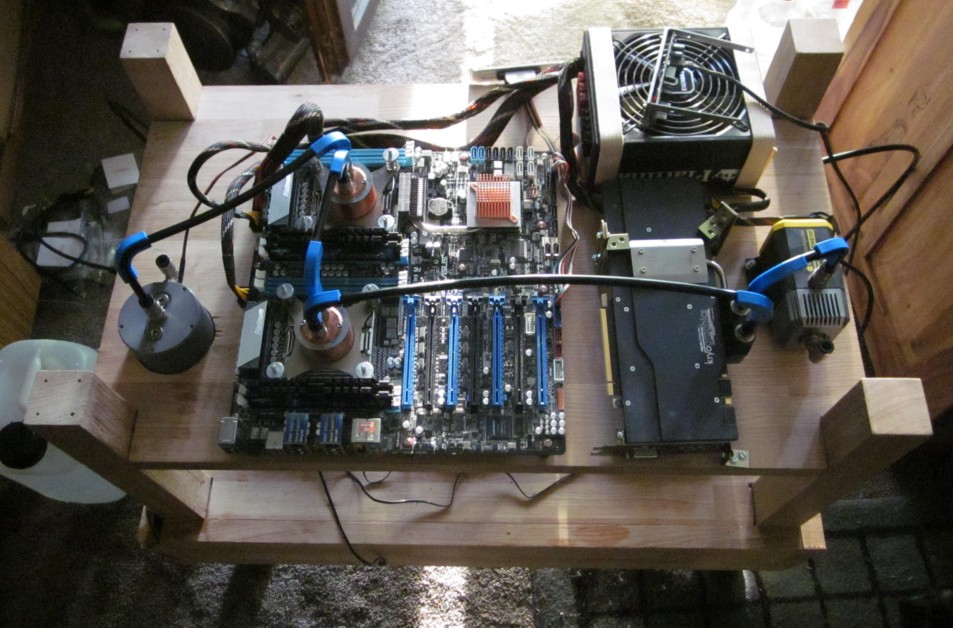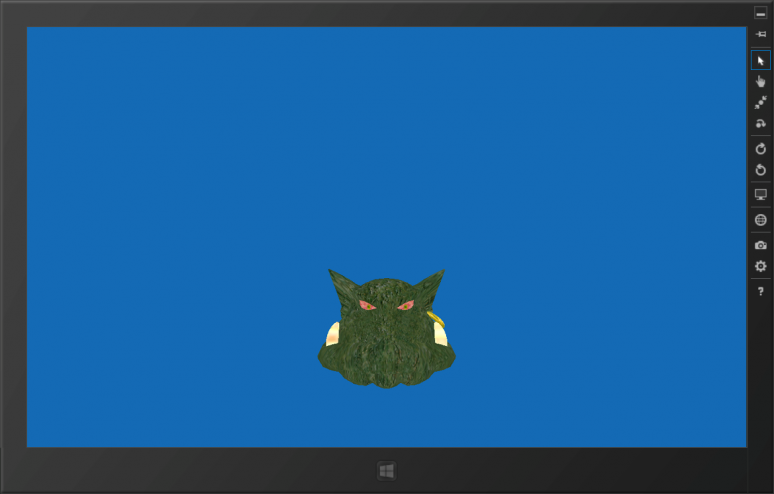When you’re writing some code that needs to notify code in othe r parts of the program, your weapon of choice is the "signal / slot concept". A signal is a connection point where any interested party can register a callback function to be invoked when the signal emits/fires.
There’s already an ocean of libraries out there providing this functionality to C++, but as you will see in this article, they’re all suffering from performance issues in one way or other. Plus, most don’t compile without warnings, have inconvenient sytax or lack unit tests.
So here’s the signal/slot "library" (it’s just three headers) I wrote to fix those issues for me, together with a summary of my design goals and a comprehensive benchmark on different compilers and CPUs.
Read More


